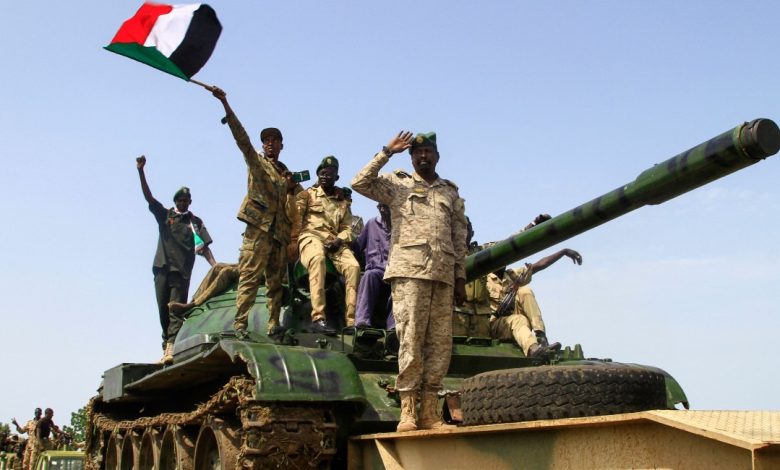Will Russia’s Support for Sudan’s Army Turn the Tide in the War?

Agencies- Sudan Events
On a visit to Port Sudan in late April, Russia’s Deputy Foreign Minister, Mikhail Bogdanov, pledged Russia’s support and recognition for Sudan’s military-led government.
Flanked by the Minister of Mineral Resources, Bogdanov, speaking in Arabic, affirmed Russia’s recognition of “the Sudanese Sovereign Council as the official body representing the leadership of Sudan and Sudanese people”.
Russia has maintained neutrality throughout most of Sudan’s nearly 14-month conflict between the Sudanese Armed Forces (SAF) and the Rapid Support Forces (RSF).
However, a shift became evident in March of this year when Russia’s Deputy Permanent UN Representative, Anna Evstigneeva, acknowledged during Security Council discussions on the war that the Sudanese government was willing to work towards compromise and urged the “other party involved”, implying the RSF, to put national interests over “personal aspirations”.
Russia’s change in stance is particularly confusing considering that the Wagner Group, a private military organisation linked to the Kremlin, has steered Russian policy in Sudan since 2017, where it has cooperated very closely with the leader of the RSF, General Mohamed Hamdan Dagalo, known as “Hemedti,” on gold extraction.
This collaboration has helped Wagner finance its operations and assisted Russia in shoring up its gold reserves amidst more than 16,000 sanctions imposed against it.
After the outbreak of hostilities between the SAF and RSF in April 2023, the Wagner group has been implicated in supplying the RSF with surface-to-air missiles from its bases in both Libya and the Central African Republic.
Additionally, Lt. General Yasser Al-Atta of the SAF relayed to journalists in the first month of fighting that the army had recovered the body of a dead Wagner sniper fighting alongside the RSF.
Yevgeny Prigozhin, the late founder of the Wagner Group who also enjoyed close ties with Russian President Vladimir Putin, spearheaded the expansion of the Wagner Group in Africa and Sudan and played a key role in Russia’s full-scale ground invasion of Ukraine in February of 2022.
The insurrection was quickly brought to an end with the intervention of the Belarusian President Alexander Lukashenko who brokered a deal between Putin and Prigozhin. In a not-so-surprising turn of events, Prigozhin then died in a suspicious plane crash northwest of Moscow just two months after his rebellion.
After Prigozhin’s passing, the Russian state moved to consolidate control over Wagner, bringing its fighters and activities under the purview of the state.
There are reasons why Russia’s support for Sudan’s army is unlikely to lead to a breakthrough in the conflict between the SAF and the RSF.
Russia’s ability to provide large-scale support to Sudan is handicapped by its own war effort in Ukraine, where Russia is struggling with the supply of weapons and ammunition, a major challenge that was pointed out publicly by Prigozhin himself before his march on Moscow.
Furthermore, when Russia intervened in Syria to save Bashar Al-Assad’s regime from total defeat in 2015, it did so without the burden of the comprehensive sanctions regime that it faces today and without a massive war occurring on its borders, as is currently the case following Russia’s invasion of Ukraine.



